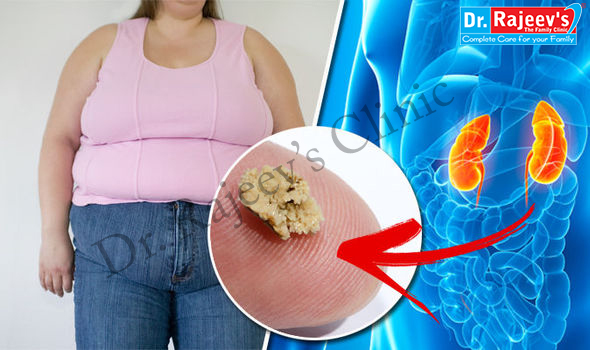

Obesity is a medical condition where the excess accumulation of body fat takes place. In some people the excess fat has accumulated to such an extent that it may negatively affect the person’s body. Obesity is more common in women than in men.
Some modifications to the WHO definitions have been made by particular organizations. The surgical literature breaks down class II and III or only class III obesity into further categories whose exact values are still disputed.
As per BMI (body mass index) obesity are classified into following headings-
|
Category |
BMI (kg/m2) |
|
Underweight |
< 18.5 |
|
Normal weight |
18.5 – 24.9 |
|
Overweight |
25.0 – 29.9 |
|
Obese (class I) |
30.0 – 34.9 |
|
Obese (class II) |
35.0 – 39.9 |
|
Obese (class III) |
≥ 40.0 |
CAUSES OF OBESITY :
COMPLICATION OF OBESITY:
MANAGEMENT OF OBESITY:
HOMOEOPATHIC TREATMENT
Homoeopathy has a lot of potential in the treatment of obesity as it is based on concept of DYNAMISM, INDIVIDUALISTIC, AND HOLISTIC philosophy. Homoeopathic philosophy holds that, while an organ may appear to be diseased, the individual as a whole is ill. In addition, the homoeopathic method believes that the body is a constitution that must be treated as a whole. Age, gender, genetic variables, physical inactivity, socioeconomic level, eating habits, psychosocial factors, familial inclination, endocrine factors, alcohol, education, smoking, ethnicity and drugs are all essential contributors in the development of obesity.
Calcarea carbonicum: Calcarea carbonica is particularly effective in overweight and fatty, flabby people who have a pale complexion, sweat a lot, and are cold and damp most of the time. These people have a sour taste in their mouth all of the time. This medication is especially beneficial for overweight children with a pale complexion and a huge bellies.
Phytolacca berry: Patients with difficulties walking, sitting, palpitation, dyspnoea with minimal exertion, nausea, and eructations should take this supplement. Thyroid dysfunction causes obesity. It primarily affects glands. There was a lot of fatigue and a lot of prostration. Obesity with rheumatoid arthritis.
Graphites: Obesity in females with delayed menstruation. Indicated for fair, fat, chilly, constipated people who have skin trouble. Obesity due to hormonal imbalance at menopause
Thyroidinum: In excessive obesity, it acts better in pale patients than those of dark color.
Antimonium crudum: Children and young person with tendency to grow fat with coated moist white tongue. The subject needing this remedy may belch a great deal, and the eructation may taste of the ingesta, Tendency to grow fat associated with gastric ailments. Gout with gastric symptoms
Fucus vesiculosus: Obesity due to non-toxic goitre, as well as exophthalmic goiter.
Natrum muriaticum: Natrum mur is another important medicine for weight loss. This medicine recommended when there is an overabundance of fat in the thighs and gluteal region compared to other portions of the body. This drug works well for people who have acquired weight as a result of long-term grief.
Lycopodium: Lycopodium is one of the most effective homoeopathic fat-burning medicines. Like the above-mentioned drug Natrum Mur, this is mostly utilised when the thighs and gluteal region contain extra fat. However, the constitutional symptoms that are peculiar to Lycopodium use distinguish these two. Patients who require Lycopodium are those who have been suffering from gastric problems such as flatulence and constipation for a long time. They have craving for sweets. They also enjoy warm drinks and food. They have a proclivity for overeating, resulting in a bloated abdomen and increase in weight. Mentally, the individual who requires this medication is impatient and easily angered, especially when they are contradicted.
Ignatia amara: When changeable mood, introspective, silently, brooding, melancholic, sad, tearful is the cause of weight gain, Ignatia works well to help an overweight person to lose weight.
Ferrum metallicum: Obesity with anaemia, bloated face, and paleness. Best suited to young, frail people who are anaemic and chlorotic, have pseudo-plethora, blush easily, have cold extremities, and show signs of weakness even when speaking or walking. Skin, mucous membranes, and face are all pale.
Ammonium muriaticum: This Homeopathic medicine for weight loss is particularly effective for those who are overweight and lethargic, with huge deposition of fat in gluteal region and around the abdomen and thin legs.